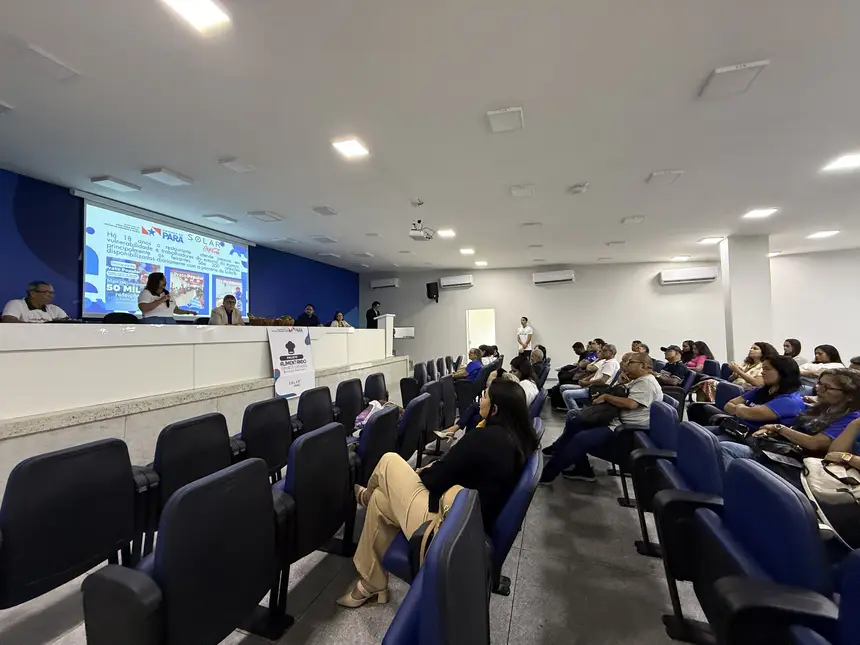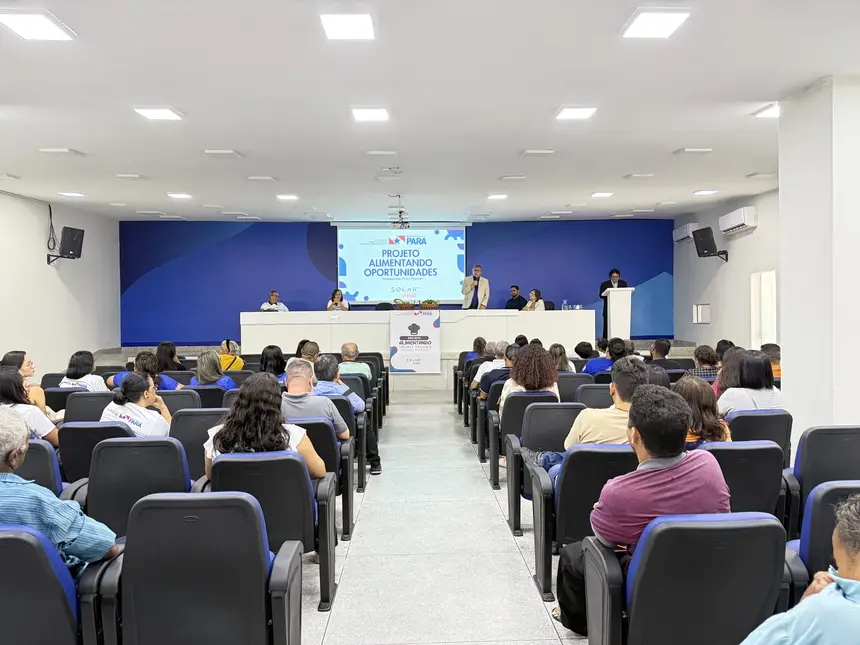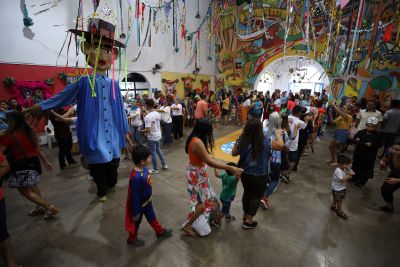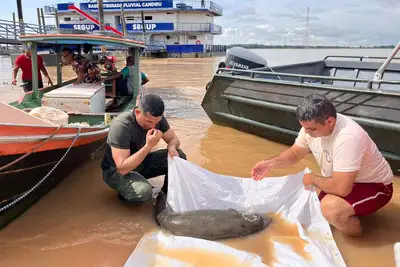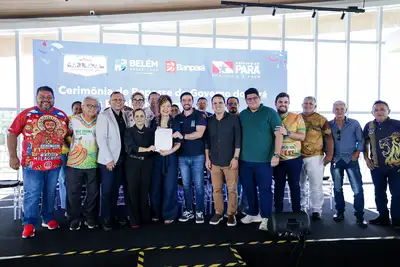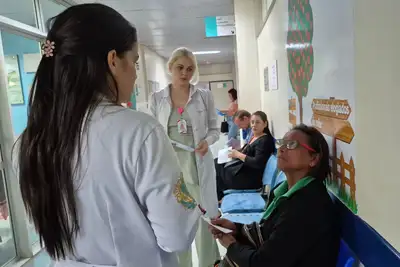State Government, through Seaster, launches hunger combat project
Popular community restaurant, located in Entroncamento, Belém, will manage the project "Feeding Opportunities", with practical classes and training focused on transforming the lives of the people served.
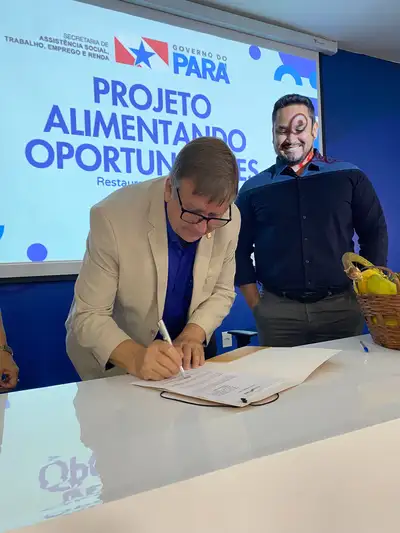
The Government of Pará, through the State Secretariat for Social Assistance, Labor, Employment and Income (Seaster), launched this Tuesday (20) the project "Feeding Opportunities", which aims to combat hunger, and will offer adequate and healthy food, as well as opportunities for income generation for the population in vulnerable situations.
Managed by the State Government, through Seaster, the popular community restaurant, located in Entroncamento, Belém, will manage the project with the execution of practical classes and training, focusing on transforming the lives of the people served by the public space.
The project will also address entrepreneurship, to provide a new option and perspective of life, through gastronomy for financial autonomy, and the training will have two modules for the vendors around the restaurant, and then the focus will be on the general attendees.
The project is based on good food handling practices, regional recipes including truffles, farofa, rose bread, cakes, and others, with the implementation of business strategies, pricing, and sales marketing.
"The State Government, through Seaster, works tirelessly for the development and viability of new opportunities for the population, prioritizing those in situations of social vulnerability, and this project is of utmost importance for our work in combating hunger, as we know that hunger does not wait and we need to act promptly and swiftly," said Inocencio Gasparim, head of Seaster.
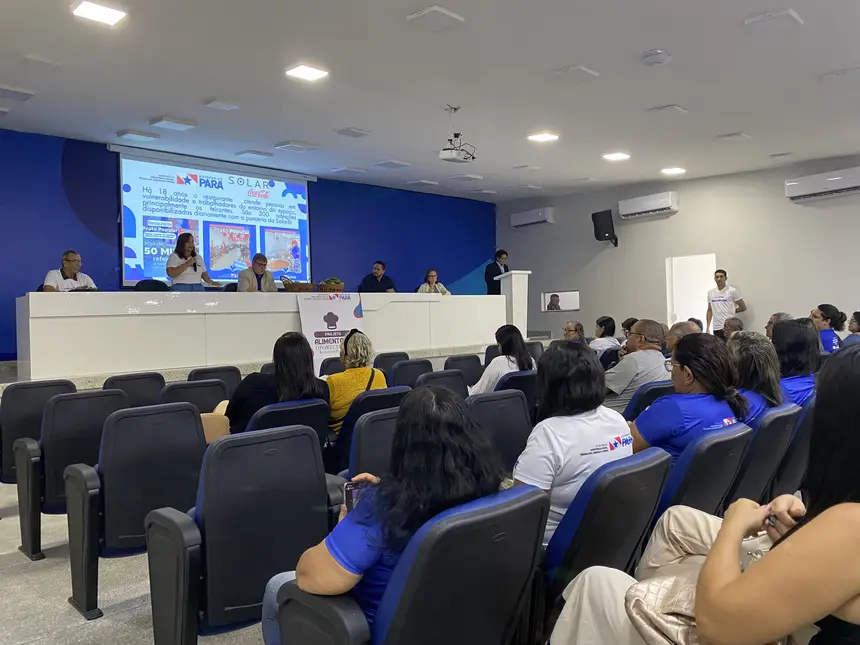
The State Government, through Seaster, has partnered with Solar Coca-Cola, aiming to ensure funding for the execution of the program.
The goal is to train between 20 and 30 people per class, twice a month, with the aim of fostering income generation opportunities, strengthening autonomy in the job market, and thus promoting food and economic sustainability.


